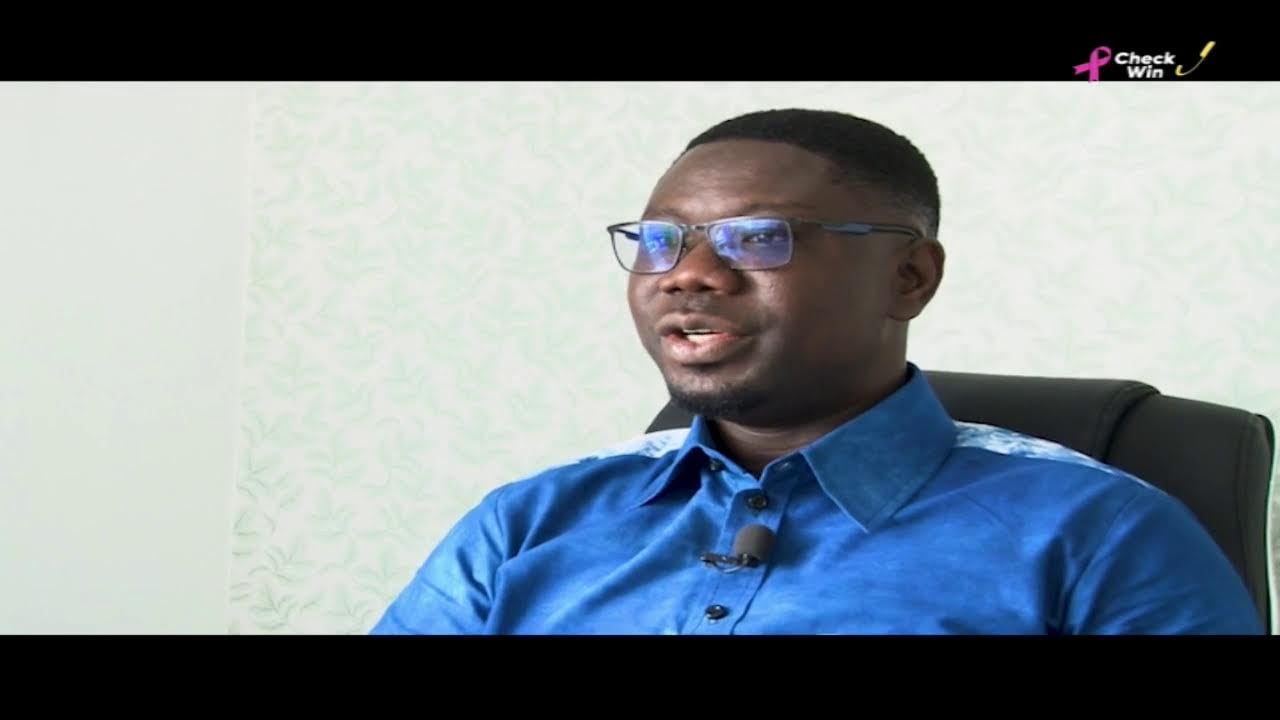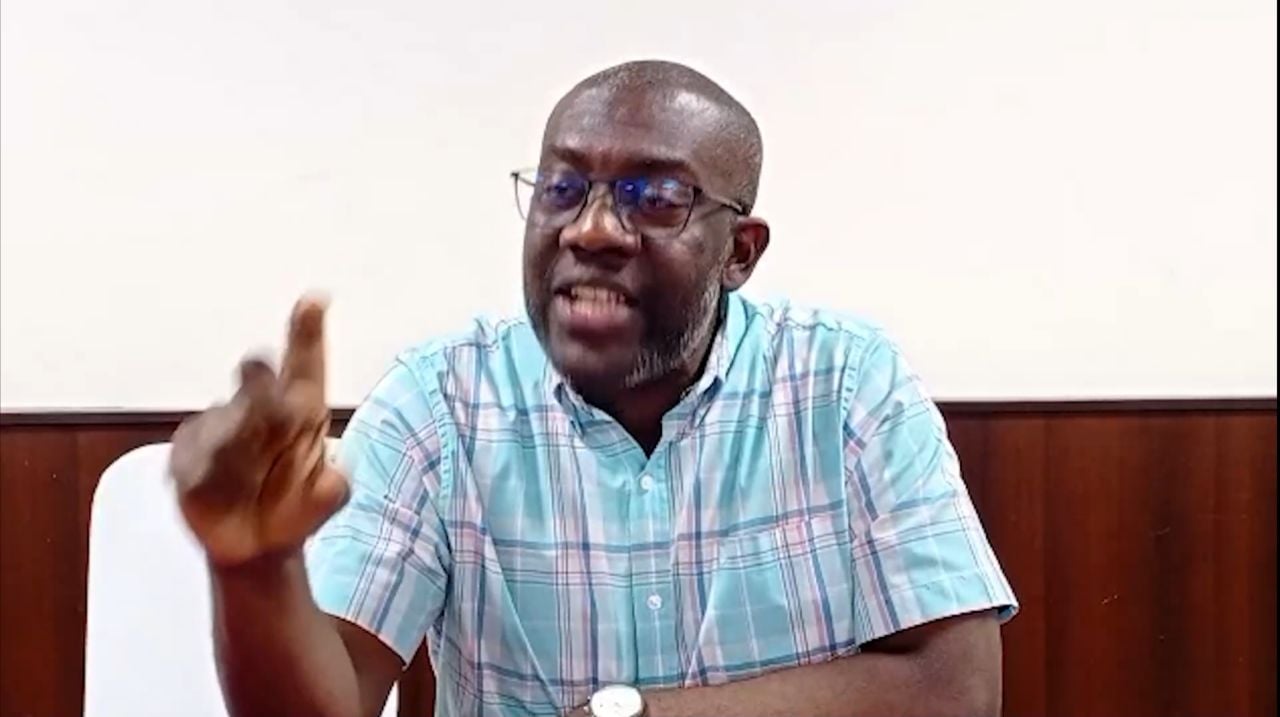
– Every African success story has a chapter called “Almost Gave Up.”
Let’s be honest — nobody posts their failures on LinkedIn. You’ll never see, “Got rejected for the 12th time this month! Feeling humbled and hungry (mostly for jollof).” Yet, behind every “success story” headline in Africa, there’s always a quieter backstory filled with near misses, dry bank accounts, and late-night prayers that sound like “Lord, just one more chance!”
The truth is, failure isn’t the end of the road — it’s often the dusty detour that leads you to your true path. The entrepreneurs, leaders, and changemakers we admire didn’t avoid failure; they learned to dance with it (sometimes off-beat, but still dancing).
Take Africa’s big dreamers. Before Flutterwave became a billion-dollar fintech, there were failed pitches, frozen bank accounts, and plenty of skeptical investors who thought “Africa” and “innovation” didn’t belong in the same sentence. Before Burna Boy filled stadiums, he faced industry rejections that could’ve made anyone pack it in. Even the late, great Nelson Mandela had 27 years of “career interruption” — yet his comeback was one for the ages.
So why does failure break some and build others? The difference lies in interpretation.
When you fail, you have two choices: see it as a dead end, or as data. The best comebacks start with curiosity, not self-pity. Ask, “What is this failure trying to teach me?” instead of, “Why is this happening to me?” In Africa’s fast-changing business landscape — where yesterday’s trend becomes today’s cautionary tale — agility is gold. Those who learn quickly, pivot smartly, and stay humble rise again, stronger and wiser.
Lesson 1: Failure is feedback, not a final verdict
Many professionals treat failure like a criminal record — something to hide. But every entrepreneur who has built something remarkable knows the value of failing fast and learning faster. The Ugandan coffee farmer whose first export shipment was rejected didn’t quit. She improved her packaging, changed her drying methods, and now supplies cafés in Europe. Her “failure” was just a harshly worded mentor.
Lesson 2: Resilience is a muscle
You don’t build resilience by reading motivational quotes; you build it by getting up — again and again. African markets are unpredictable. Power might go off mid-presentation, your supplier might ghost you, or your “trusted cousin” might run away with your inventory. It’s not personal — it’s preparation. Each challenge stretches your capacity. One day, what used to terrify you will barely ruffle your shirt.
Lesson 3: Reinvention is survival
The world is changing too fast for anyone to remain who they were five years ago. The pandemic showed us that titles, offices, and business models can vanish overnight. The people who bounced back were those who rebranded their skills — the event MC who became a virtual host, the tailor who began sewing branded masks, the teacher who turned her lessons into an online academy. Reinvention isn’t optional anymore; it’s strategy.
Lesson 4: Share your scars, not just your stars
In a world obsessed with perfection, authenticity stands out. When you tell your failure stories with humility and humor, you make others feel seen — and inspired. Leaders who pretend to be invincible disconnect from reality. But the ones who say, “Yes, I fell — but here’s how I got up,” build loyalty and trust. Your honesty becomes someone else’s survival guide.
Lesson 5: Rest, don’t rust
Burnout is not a badge of honor. Taking a break after a setback doesn’t mean you’re weak — it means you’re recharging for the next round. Think of it like a football match: even the best players take a halftime break to strategize. So, sleep. Laugh. Reconnect. Then return to the field with fresh legs and fiercer focus.
Africa’s next generation of leaders and innovators won’t be defined by how perfectly they plan, but by how powerfully they recover. Failure, in the African context, isn’t fatal — it’s formative. It’s the secret ingredient in every comeback stew.
So, the next time life knocks you down, remember: your “almost gave up” moment might just be the prologue to your greatest chapter. Dust yourself off, adjust your mic, and say, “Ladies and gentlemen, I’m just getting started.”
>>> Need training? Email [email protected]
The post On Cue with Kafui Dey: The art of starting over: How failure becomes the fuel for great comebacks appeared first on The Business & Financial Times.
Read Full Story









Facebook
Twitter
Pinterest
Instagram
Google+
YouTube
LinkedIn
RSS